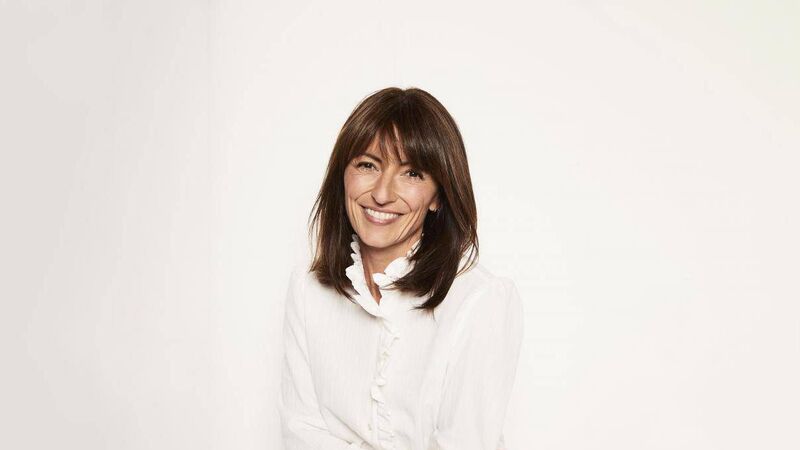Davina McCall breaks menopause taboos through powerful real-life stories

Davina McCall: Sex, Myths and the Menopause
When Davina McCall began taking HRT for debilitating peri-menopausal symptoms, she was so embarrassed that she lied to her friends about it. In fact, as the television presenter says in the Channel 4 documentary she was advised not to talk about the subject at all as it was “ageing and unsavoury”.
Thankfully, McCall didn’t heed the misguided advice and instead has been to the forefront in fighting against the shame and stigma around the menopause.








